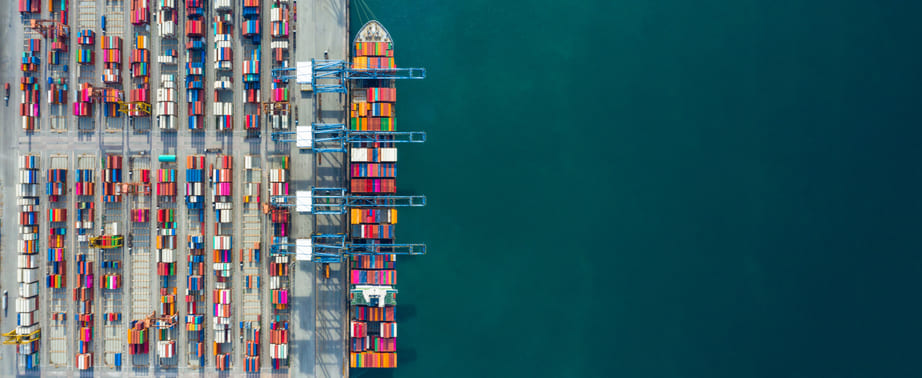Brexit, entering the transition period
The UK-EU Withdrawal Agreement has been passed by the UK government, which means the UK will leave the EU at midnight (CET) on 31 January. As of 1 February 2020, a transition period will come into effect, which will last until 31 December 2020.
Business as usual during the transition period
During this 11-month transition period, the UK will remain subject to EU rules, and the free movement of people, goods and services between UK and EU will continue, unchanged. This means there should not be any disruption to alcoholic beverage or any goods freight forwarding between the UK and EU, and thereby no collateral disruption to the import and export of bulk liquids, wines, beer and spirits between the UK/EU and the rest of the world.
Brexit negotiations timeline
The purpose of the transition period is to allow time for the UK and EU to negotiate the terms of their future relationship. This includes reaching agreements on a wide range of aspects, including trade and citizens’ rights.
The matter of whether or not a free trade agreement (FTA) will be signed off, still remains. The deadline for this is currently 31 December 2020.
We understand that the Withdrawal Agreement contains a provision for the transition period to be extended by up to 2 years, if agreed by both sides by June 2020. However, the UK Prime Minister’s current stated position is to rule out any extension. At the same time, both he and the EU have expressed a strong desire to avoid a “no deal” Brexit. Given that the 11 months of the current transition period is a very short space of time for concluding such complex negotiations, the situation does not appear to favour a FTA being in place by 1 January 2021.
At this point in time, the outcome of Brexit negotiations, together with the date new rules will come into effect, is therefore still uncertain. The UK government is advising businesses to plan for the worst-case scenario of a “hard Brexit” without a FTA at midnight on 31 December 2020.
Changes to prepare for after Brexit
Whether or not a trade deal is agreed, the UK will remain a key country for European companies to do business with, and an attractive wine market for EU countries, but with increased paperwork and documentation for cross-border shipping. Previously unnecessary frontier declarations will be required for movements of consignments, whatever the outcome. Other rules and regulations, such as what is shown on labelling of wine bottles , will certainly change. The only difference a trade deal will make is whether or not taxes have to be declared on those entries.
At Hillebrand, we are prepared to ease our customers’ operations in the light of these changes, such as support with the additional paperwork. We are also preparing to adjust our own operations to minimise the impact of Brexit on our specialist service shipping wines and other alcoholic beverages or bulk transport.
For further information, contact your local Hillebrand office.



